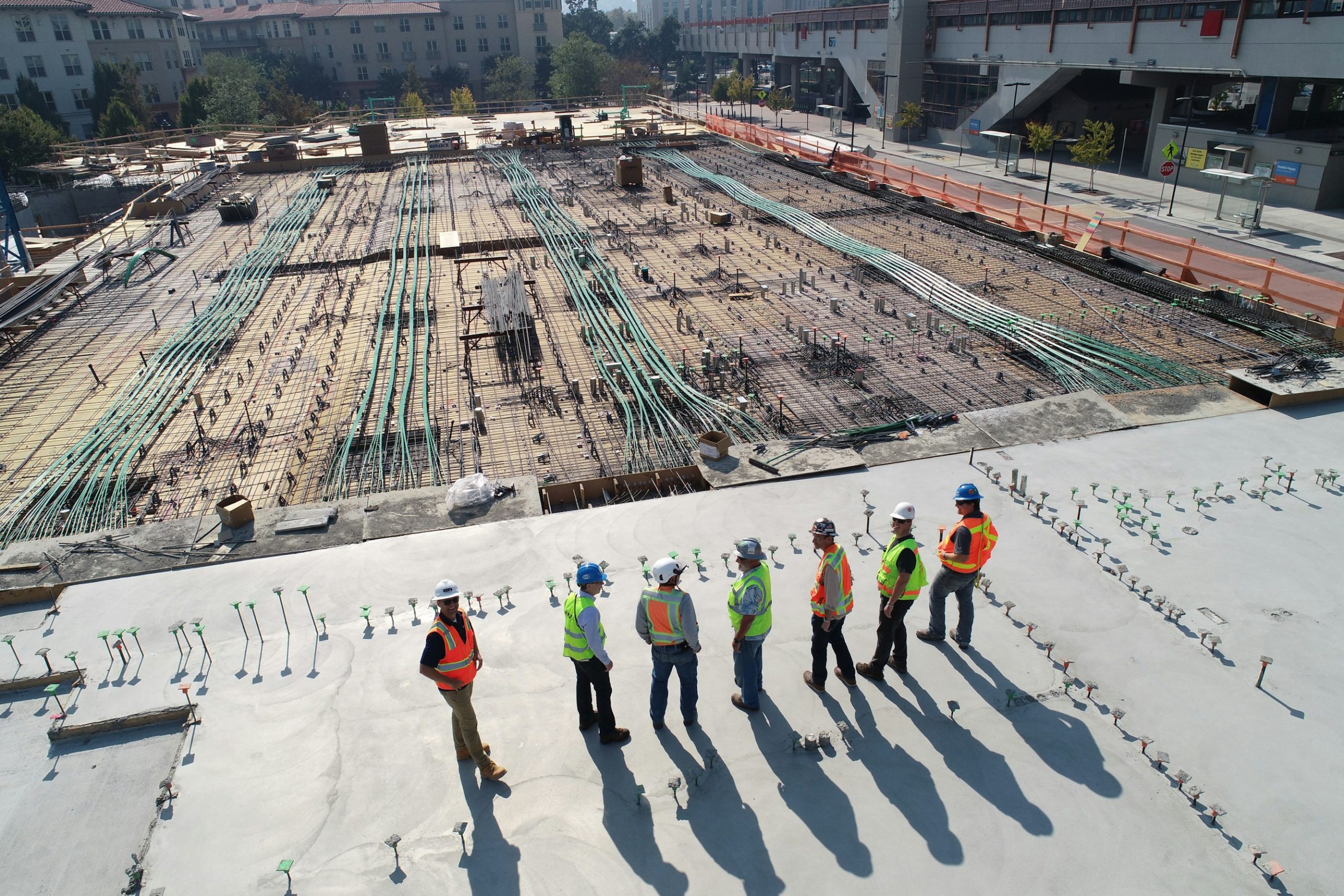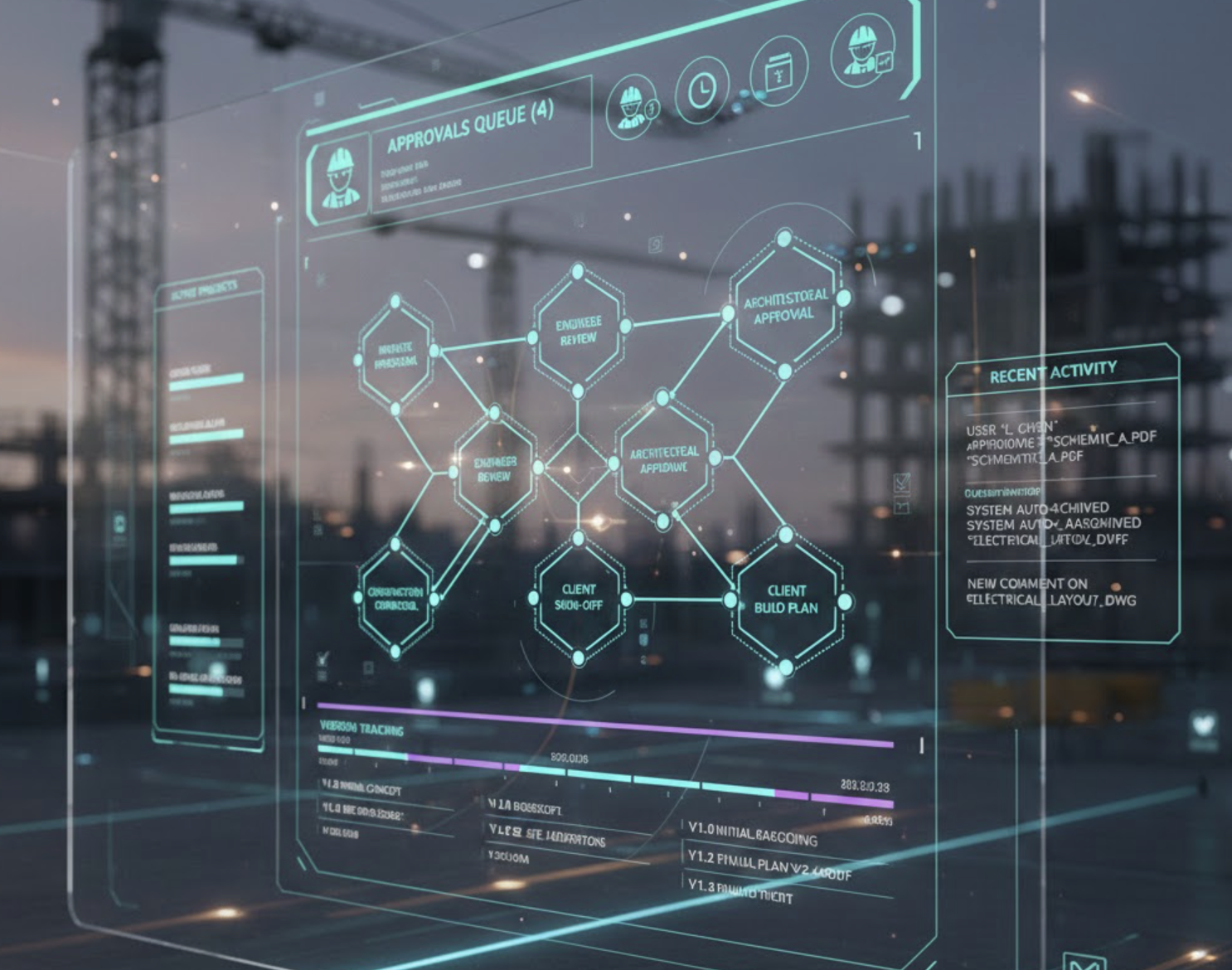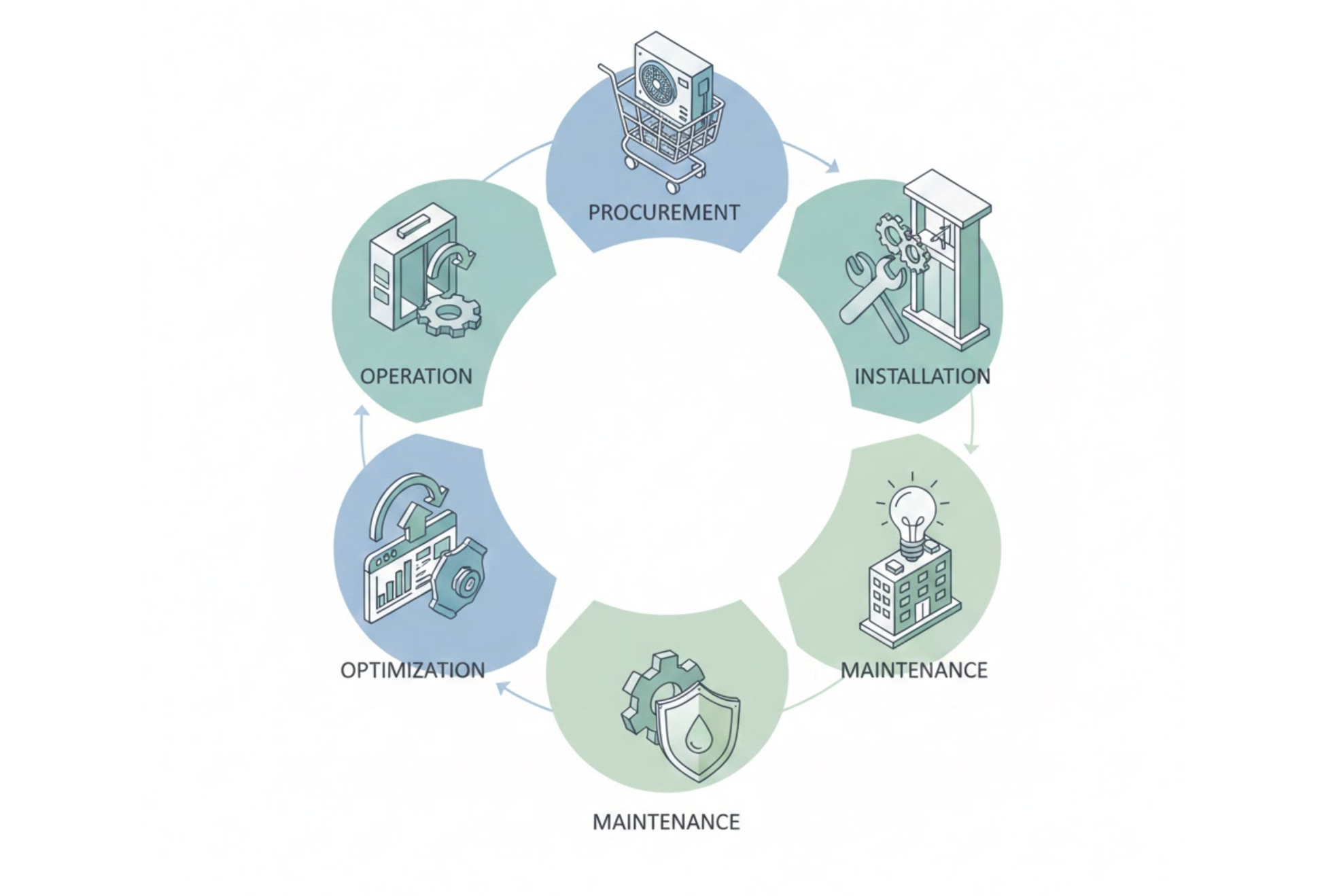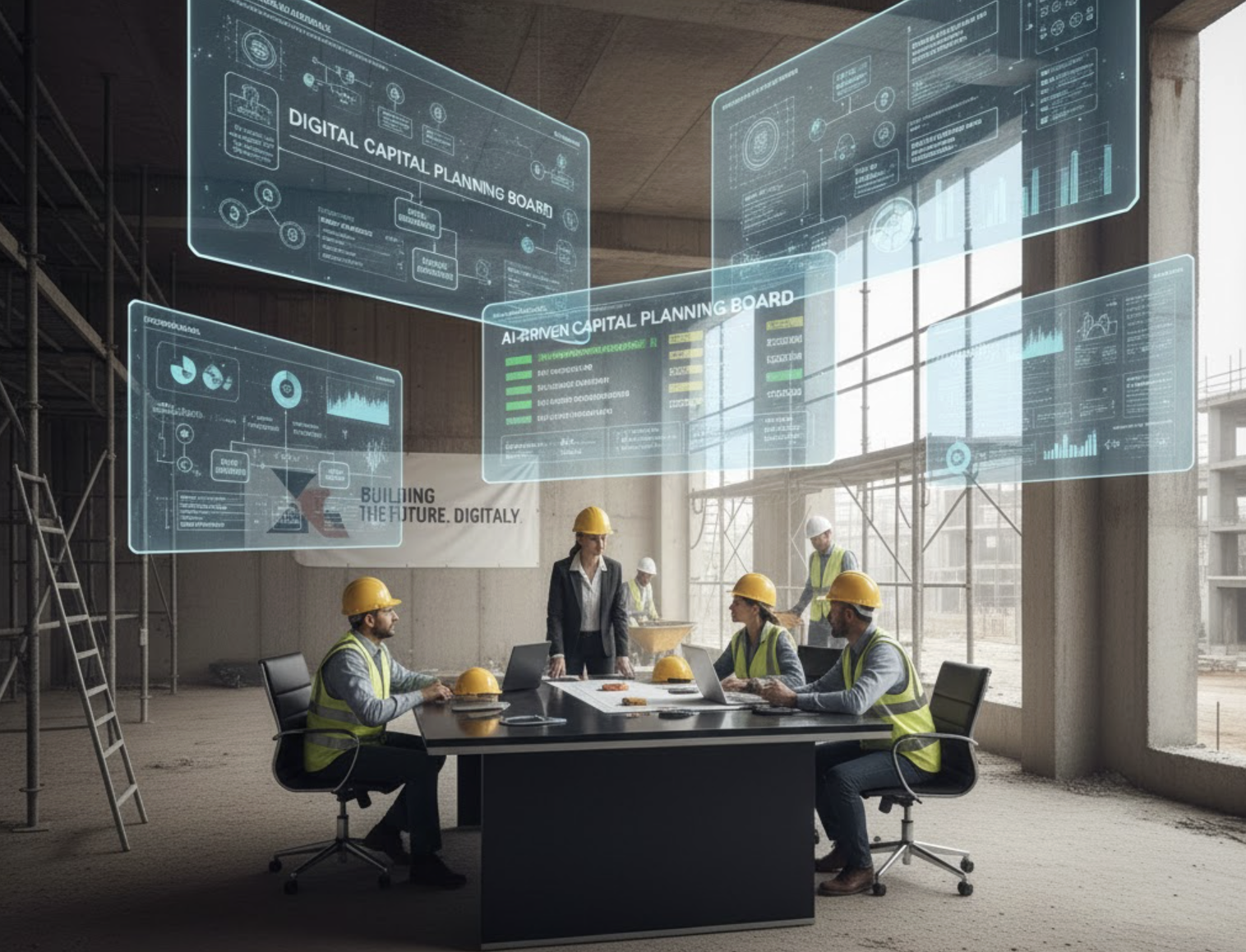Why Early Risk Identification Saves Millions in the Middle East
In the fast-paced and often unpredictable construction landscape of the Middle East, early risk identification has emerged as a crucial strategy for enhancing project success and ensuring financial sustainability. Leveraging technology, including construction project management software, organizations can proactively manage risks, significantly reducing costs and improving overall project outcomes.
Financial Benefits of Early Risk Identification
The impact of early risk identification on cost savings cannot be overstated. By uncovering potential risks before they escalate, construction firms can take timely actions to mitigate these challenges, ensuring projects remain on schedule and within budget. Employing construction financial management tools allows companies to closely track financial risks that could result in cost overruns. This proactive approach not only safeguards against unexpected expenses but also optimizes resource allocation, ultimately leading to significant operational cost savings.
Operational Advantages
Organizations that prioritize early risk identification tend to exhibit enhanced operational resilience, a vital attribute in the volatile Middle Eastern construction market. By establishing robust risk management frameworks, teams can prepare for and navigate various threats, maintaining project continuity in the face of challenges.
Moreover, insights derived from construction document management and planning tools enable managers to make informed decisions swiftly, which is essential in a market characterized by fluctuating conditions. This agile approach equips organizations with a competitive advantage, facilitating better adaptation to changing scenarios.
Furthermore, employing jobsite management tools fosters improved communication and documentation among team members. This collaborative atmosphere centers around risk mitigation efforts, enhancing overall operational efficiency and ensuring alignment on project goals.
The Role of Technology and Automation
As technology and automation continue to evolve, their role in risk management becomes increasingly paramount. Automation of repetitive tasks—such as data entry and validation—allows risk management professionals to dedicate their time to more nuanced tasks like risk analysis and mitigation strategies. This shift leads to reduced manual errors and heightened operational efficiencies.
Looking ahead to 2025, advanced technologies, particularly AI in construction, are poised to transform risk management practices. AI’s capabilities to identify, monitor, and mitigate risks will become essential tools in the construction arsenal, enhancing risk management effectiveness across various sectors, including financial services and energy.
Impact on Procurement and Supply Chain
In the wake of operational challenges imposed by the COVID-19 pandemic, risk management has become a central focus for procurement organizations in the Middle East. The imperative to ensure product and material availability has shifted risk management strategies from merely achieving sourcing efficiencies and cost reductions to maintaining robust operational supply chains.
Best Practices for Early Risk Identification
To effectively harness the benefits of early risk identification, organizations can employ several best practices:
- Proactive Risk Assessment: Conducting regular risk assessments with advanced analytics tools facilitates the early identification of potential risks, paving the way for timely mitigation strategies that can avert costly delays or failures.
- Collaborative Risk Management: Using jobsite management tools to cultivate collaboration among stakeholders ensures everyone remains cognizant and aligned on project risks, significantly enhancing communication and documentation efforts.
- Digital Transformation: Investing in digital transformation initiatives—encompassing automation and AI—is critical for optimizing risk management processes. This investment streamlines operations, minimizes manual errors, and strengthens overall decision-making capabilities.
How Zepth Can Help
Zepth offers state-of-the-art construction project management software designed to facilitate early risk identification, monitoring, and mitigation. Our comprehensive suite includes essential tools for financial management, project tracking, document management, and jobsite management, all aimed at preserving project efficiency and cutting costs.
Additionally, Zepth’s solutions enable organizations to craft robust risk management frameworks, bolstering their resilience amidst various threats. By leveraging advanced technologies, Zepth helps streamline processes, enhancing decision-making and improving risk mitigation strategies.
By adopting these strategies and utilizing the powerful tools provided by Zepth, construction organizations across the Middle East can significantly enhance their risk management capabilities, yielding substantial cost savings and improved project outcomes. For more information on how Zepth can support your construction management needs, consider exploring our website.




